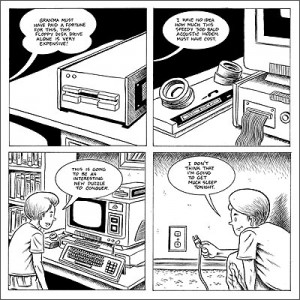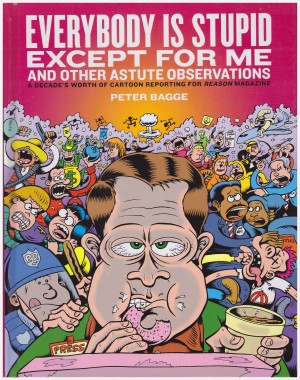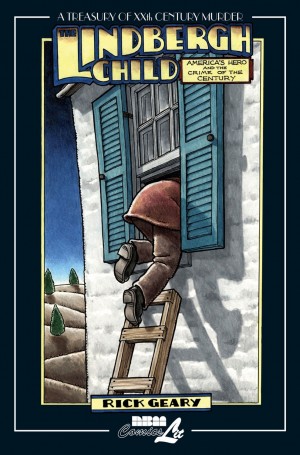Review by Frank Plowright
Before starting work on Hip-Hop Family Tree, a project that occupied him for several years, Ed Piskor delivered this well-conceived portrait of a computer hacker and his fate.
The oddly named Kevin Phenicle is a composite, based on the experiences of several hackers and their methods, although most prominently on Kevin Mitnick. Discovering early how to access private data in an era when computer security was in its infancy, Phenicle merely re-focusses his youthful talent for schemes to avoid paying out money he doesn’t have. He develops from manipulating phone systems via audio tones to hacking bulletin boards and copying games. When he oversteps the mark by fraudulently accessing phone company premises he’s caught and jailed. Violating the terms of his parole, he underestimates the authorities and has to go on the run. Piskor is even-handed in delivering the pro and con viewpoints of Phenicle’s activities via dialogue, but drawing Phenicle throughout with blank eyes, invoking the innocence of Little Orphan Annie is surely an indication of where his sympathies lie.
There’s no straightforward narrative here as Piskor jumps back and forth through time, delivers the story via different viewpoints, often vox pops, and transforms midway from a relatively detailed picture of how a hacker develops to an indictment of the justice system. It’s all delivered in short chapters that combine for a dense read and with impeccable cartooning. This aspect is remarkable from a relatively fresh talent as the chosen topic derives much of its tension from incidents where Phenicle is static in front of his computer, requiring variety to sustain interest.
It’s revealed in the opening pages that Phenicle’s ultimate fate is prolonged incarceration without trial. The abrupt shift from relatively lightweight material to prison via a period of life on the run brings a problem nagging from the start into focus. Despite his visual portrayal as a blank-eyed innocent, Phenicle’s interaction with people from the earliest days rarely involves any emotional investment. Whether intended or not, there’s a consistency to people being secondary to whatever Phencile’s objective is at any particular moment. He’s plain unsympathetic, so when the horrors encountered in jail impact directly the compassion this should evoke is diminished. There are few other minor quibbles (the fate of a constant thorn somehow too satisfying, an odd ending), but overall they shouldn’t detract from the achievement of a long, well drawn and thoroughly readable début graphic novel that’s more than just promising.
Full marks to whoever designed the cover as an old-fashioned all in one computer complete with sunken disk drive.





